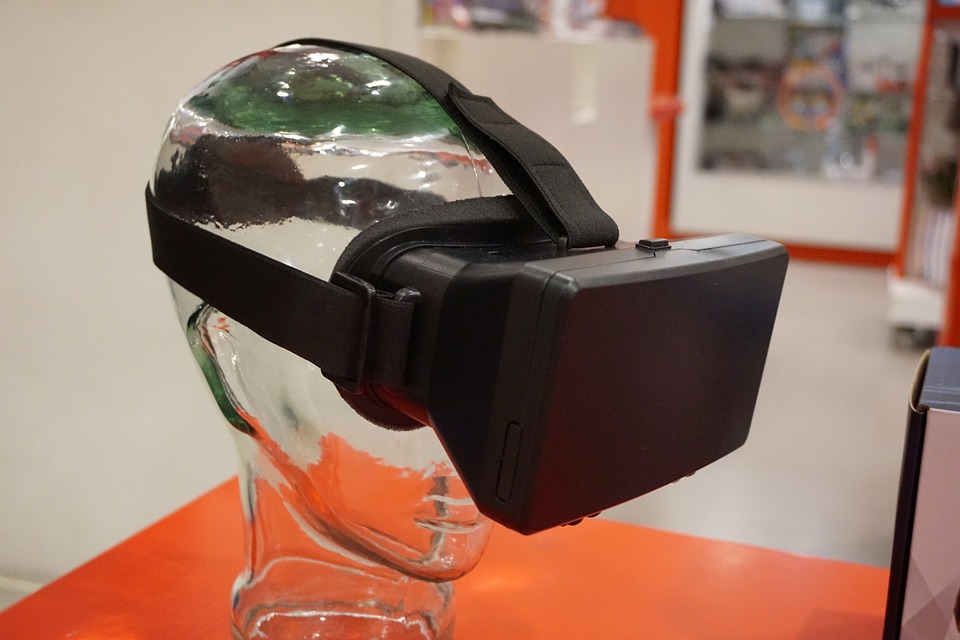The role of virtual reality in medicine has become crucial in recent years. Using this technology while gaming or watching movies is no longer surprising for most of us. However, in medicine, virtual reality has recently been used to improve the quality of life of patients suffering from various diseases. We can see that more and more startups use VR to bring maximum benefit to the healthcare industry. In this article, we are going to talk about some of these startups, their ideas, and contribution to medicine. If you are interested in innovation and young medical startups, further information will be useful for you.
List of VR-Based Medical Startups
Our list includes startups that set meaningful goals and achieve them through international cooperation and the brightest medical minds in the world. The purpose of their solutions is to help people overcome a variety of diseases, including ones that are difficult to treat. Since every solution has a noble goal behind it, it would be extremely unfair to rank them. Now, you will learn more about the initiatives coming from the USA, England, Peru, France, and multinational projects. Let’s get started.
IrisVision
According to the WHO, 2.2 billion people worldwide have eye conditions to a greater or lesser degree. The most frequent cause is macular degeneration. IrisVision is a Canadian VR startup that helps people fight this problem. The macula is an essential part of the retina responsible for central vision. If it is damaged, a person finds it hard to read or do any other activities because their vision gets blurred.
The glasses developed by IrisVision allow visually impaired people to extend their side vision and zoom in on the pictures. This is the way how all blurred spots disappear. The startup founders say that IrisVision has already helped users get back to their healthy lives; some started to drive cars and walk by themselves, others found it more comfortable to read their favorite books and watch TV again.
The Wayback
This startup focuses on Alzheimer’s disease and dementia treatment. One of the company’s founders Dan Cole, whose father had Alzheimer’s, created a series of VR movies along with his fellows. The goal of these movies is to stimulate the brain by evoking the patient’s long-term memories and positive emotions.
The scenes of the Elizabeth II coronation were recreated for the first test of The Wayback. A series of experiments showed that VR therapy can’t cure Alzheimer’s disease yet. Still, it helps patients turn back their skill of reasonable communication, improves their emotional state. Some patients showed slower progress of dementia in the first stages of the therapy.
Oncomfort
Together with Start VR and Kind VR, the Oncomfort company developed a VR application to beat stress and reduce the pain of oncology patients. Clinical hypnosis and VR glasses can reduce anxiety before, during, and after the chemo or other interventions. By using the glasses, they can explore anything in the world until the therapy ends. This method proved to work more efficiently than painkillers, even the strongest ones. With virtual reality, patients get distracted from discomfort and pain by 38% more efficiently than with opioids.
KineQuantum
KineQuantum is a French startup that uses VR for physical rehabilitation. Patients need to put on VR headset and use joysticks to play games that help them cope with body injuries. Gamification makes therapeutic exercises fun and raises the patients’ spirits. For example, a player can shoot a bow and arrow to recover from shoulder joint injury.
Surgical Theater
The neurosurgeon’s job is one of the most responsible and stressful. Some operations can be so tricky that even experienced physicians cannot guarantee 100% success. Surgeon Theater is a startup that created a Surgery Rehearsal Platform (SRP) for preoperative training. By using the platform, specialists can build a 360-degree model of a patient’s skull based on the CT and MRI scans. Thus, doctors can plan brain surgery for a particular person, considering the most critical scenarios in the surgery room.
Osso VR
Osso VR is a California-based startup that also aims at retransforming young surgeons’ education. It offers a solution that makes the whole training process more accessible and faster. The platform provides students with an opportunity to carry out operations of any complexity and prevent them from making mistakes in reality. Osso VR and similar systems also allow mentors and teachers to assess surgery students’ knowledge and skills. Such training makes it possible to make young specialists highly qualified, thus increasing the quality of medical care.
FeelsGood
The collaboration between FeelsGood and Lenovo revealed a solution that fights the stress and anxiety of cancer patients. When someone is diagnosed with cancer, they get under severe pressure from stress and anxiety. These feelings only get more intense when treatment begins, so this Peruvian startup aims at helping people relax. The VR technology lets patients watch soothing videos with voice guidance that help them breathe and stay calm. FeelsGood is quite similar to Oncomfort but focuses primarily on young oncology patients.
Summing Up
This was only a brief list of noteworthy startups out there. Clinics use VR in almost every field of practical medicine, with exceptionally promising implementations for mental disorders treatment, rehabilitation, surgery, dentistry, and ophthalmology. Technologies are highly effective in cases that traditional medicine is almost powerless to cure. These cases include the treatment of mental disorders and pain and stress management. More ideas of using VR technologies in healthcare are about to appear, and the whole world expects for the VR-based innovations for mental disorders and cancer treatment.
